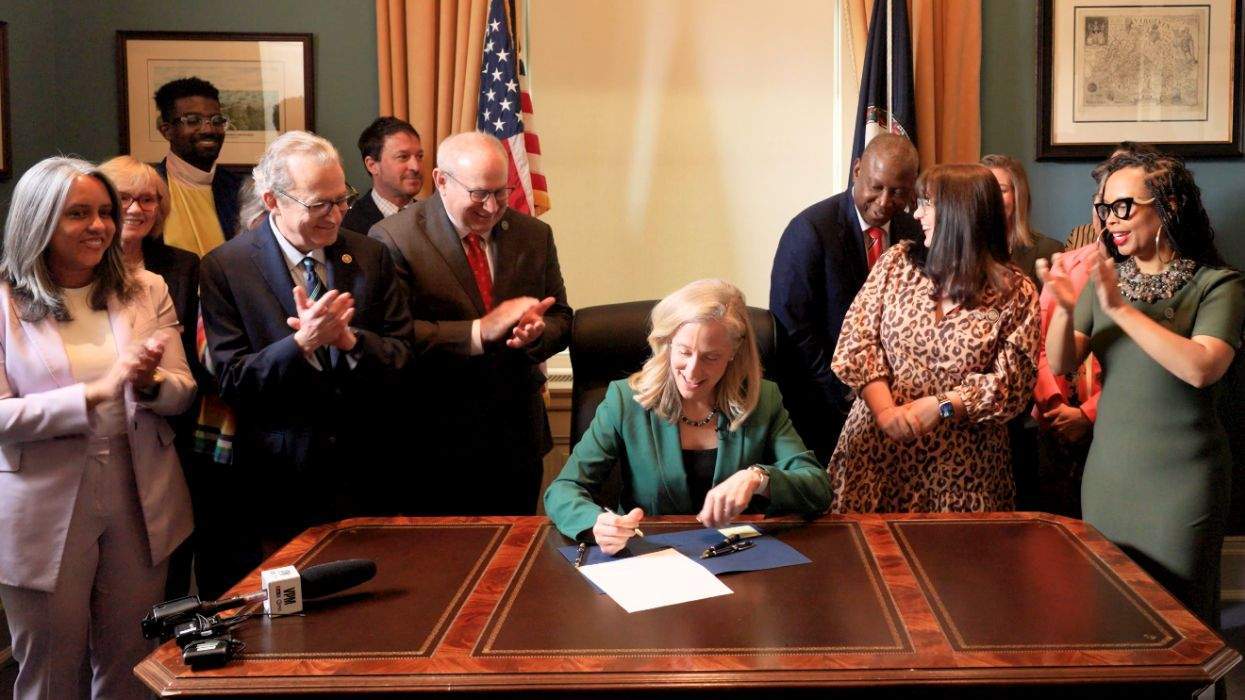Are you out at work? Why?
These are simple questions I was confronted with recently.
I was reviewing candidates for a job and one had made suggestion of their sexuality (hint: they weren't straight). As we were sitting around the table, I skimmed the application and could see that there was reference to an LGBT association. I think it's great when people can engage with their community and bring that to work; it shows a level of capacity and insight.
"Why did they say that?" said one person around the table referencing the LGBT group. "What is the purpose of that?" said another.
"Well, you know that I am gay," I retorted. "There are still significant issues facing LGBT people in society -- marriage equality is not the be-all and end-all," I said to deafening silence around the table.
At that moment I had a sharp recognition of the challenges that we still face at work. I have been fortunate in my career that I have largely avoided bigotry and discrimination. Yet for many this is not the case. According to the Human Rights Campaign, two-thirds of us are still hearing gay jokes at work and 10 percent of us have left jobs because our office environment was unwelcoming.
When LGBT causes are questioned or maligned, when jokes are made about gay people, and when there is a lack of recognition of LGBT issues by managers, there's a real problem. And this problem is not small -- across the country, there is disparate legal protection from discrimination at work.
Despite 66 percent of all Fortune 500 companies now including gender identity in the employment protections, we know that this does not always translate into everyday inclusion of transgender people, wrote HRC president Chad Griffin in the latest Corporate Equality Index. The index shows us that while 98 percent of businesses provide protection against discrimination on the basis of sexual orientation, the actual implementation lies with managers -- and that's never assured or tracked.
It's a shocking reality that closeted people still fear retribution at work. Thirty-one percent of LGB workers fear losing relationships with colleagues, and 23 percent fear for their future advancement if they come out. More than half of us will hide our sexuality at work, and a third will lie about our personal lives.
A friend of mine who works as a banker in Los Angeles found himself as a successful senior manager with a well-known company but was parading around as a straight man. None of his staff nor his closest colleagues knew about his partner, who lived with him. His sexuality was hidden so deeply that he ended up taking leave when it came out. It was a sorry day for him and for inclusive workplaces more broadly. The best environments are where we are free to be ourselves.
Managers need to step up and make a commitment to LGBT inclusivity and support diversity. They must be curious and ask how they can push their teams forward on LGBT issues, and create an open door to have the hard conversations when issues do arise.
And we have work to do, too. Those comments we overhear that demean LGBT people cannot go without comment. It's our duty to inform and engage on why LGBT issues are important. If we are hiding our true selves we cannot contribute fully to success -- our workplace's or our own.
















